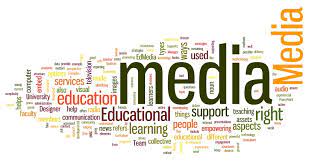
IMb Instructional Media B
This course introduces students to the selection and use of media, multi-media, and conventional media, in the preparation of materials for instructional purposes.
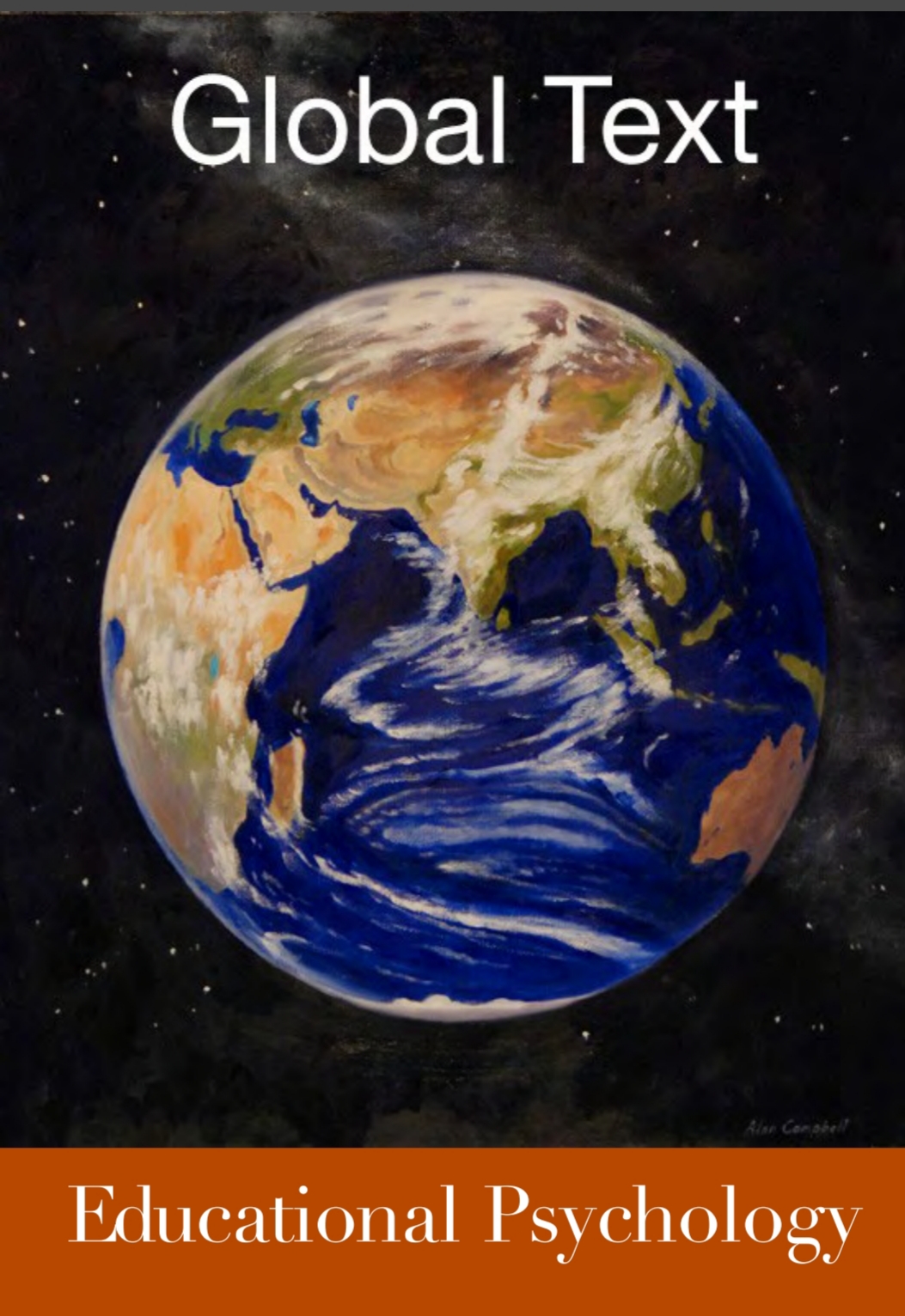
PoE Psychology of Education
Here, the topic which will be discussed in this semester are: (1) The changing teaching profession and you, (2) The learning process, (3) Student development, (4) Student diversity, (5) Student motivation, (6) Classroom management and the learning environment, (7) The nature of classroom communication, (8) Facilitatis complex teaching, (9) planning instruction, (10) teacher-made assessment strategies, (11) Standardized and other formal assessment.
Upon completion this course, the studets are expected to be able describe the important of educational psychology theory and research for classroom practice.
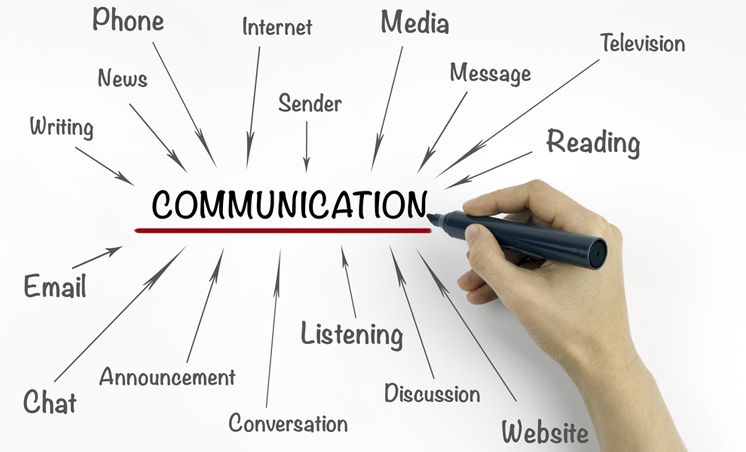
BAK FAI Bahasa Inggris Komunikatif
The role of Communicative English is to provide for such basic experience and confidence to develop good communication skills by multi-sensorial and multi-modal learning through non-conversational, conversational and theatrical exercises.
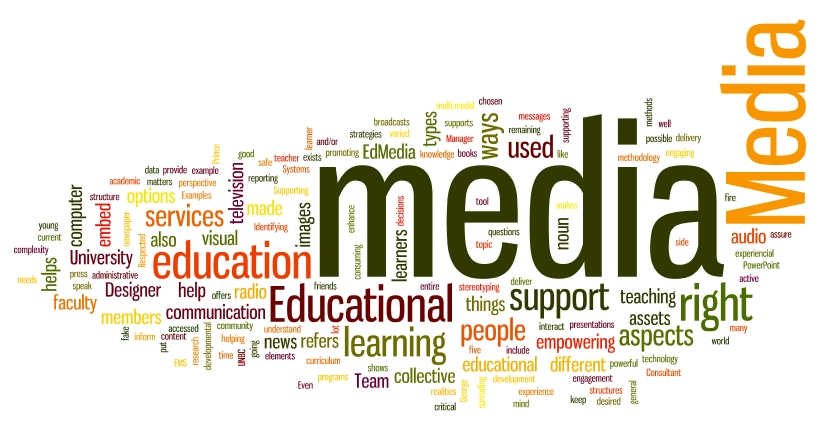
Instructional Media A Instructional Media A
Instructional Media encompasses all the materials and physical means an instructor might use to implement instruction and facilitate students' achievement of instructional objectives. This may include computer labs, classroom technology, Blackboard, and audio and video conferencing.
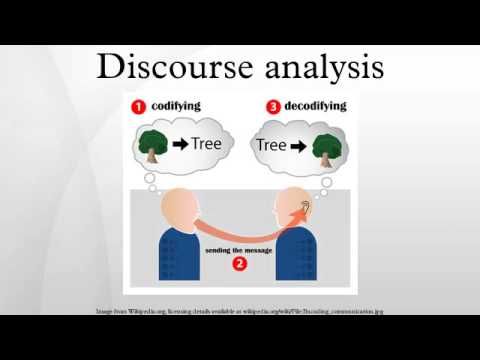
Discourse Analysis B Discourse Analysis B
Discourse analysis is a research method for studying written or spoken language in relation to its social context. It aims to understand how language is used in real life situations. When you do discourse analysis, you might focus on: The purposes and effects of different types of language

Extensive Reading Extensive Reading: Novels and Periodicals
Extensive Reading (ER) is an approach to second language reading. When learners read extensively, they read very easy, enjoyable books to build their reading speed and fluency. Another way to say this is students learn to read by actually reading rather than examining texts by studying the vocabulary, grammar and phrases. It is instructive to compare Intensive Reading (IR) with Extensive Reading.
For many teachers, there is only one way to teach reading which involves the teacher walking the whole class through a reading passage. The passage is usually short and the instruction is focused on carefully checking comprehension, studying the grammar and/or vocabulary, or developing a reading skill. Here is an example.
The above reading for elementary learners is short and introduces vocabulary and grammar. The reading is followed by comprehension questions and other activities. Using a passage like this is useful when teaching students new language. This type of reading is called Intensive Reading because the learners study the reading and check their comprehension. Typically these types of text are used by the whole class with the teacher guiding them.
- However, if learners only use reading passages like these:
- The reading is difficult, so learners have few chances to build reading speed and fluency.
- The reading is short and because it is difficult, the learners read slowly and they cannot meet a lot of language.
- The whole class reads the same material, which is too easy for some and too difficult for others.
- All the students have to read at the same pace as they do the tasks together.
- The reading is interesting to some learners but not others.
Extensive Reading gives students chances to read longer pieces of reading, which they choose, which they can read at their own speed and at their own ability level. This can be done with Graded readers.
Intensive Reading and Extensive Reading are complementary and teachers should use both. A balanced reading program uses Intensive Reading to introduce new language, and complements this with Extensive Reading which consolidates and raises awareness of this language leading to reading fluency.
Why do Extensive Reading?
There are many reasons why Extensive Reading is good for language development.
Extensive Reading builds vocabulary. When learners read a lot, they meet thousands of words and lexical (word) patterns that are not taught in textbooks. Extensive Reading allows the learner to develop an awareness of collocations (common word partnerships) and thousands of lexical phrases.
Extensive Reading helps learners understand grammar. In textbooks learners meet hundreds of grammar patterns. However, textbooks do not provide enough meetings with grammar for real acquisition to occur. Extensive Reading provides opportunities to see grammar in context so learners can deepen their understanding of how grammar is really used.
Extensive Reading helps learners to build reading speed and reading fluency. In particular, developing reading speed is important because it helps learners to understand language faster and better.
One objective of Extensive Reading is reading for pleasure. This builds confidence and motivation which makes the learner a more effective user of language.

IR-2021 Intensive Reading 2021
A study of basic principles in reading English texts designed to develop student competence in understanding reading content through enrichment of English vocabulary. This course is designed to develop student competencies in literal reading (knowledge and understanding) of non-fiction reading texts at the intermediate level. Students can use reading strategies and identify the meaning of the reading. Students can understand the lexical meaning precisely, understand the topics and main ideas of the text, understand information explicitly, and understand the communicative value.

Intro-ER-2021 Introduction to Educational Research
understanding Kinds of research/Research paradigm & important terms in research; Differences of Qualitative and Quantitative Research; Qualitative paradigm in language research; Data Collection in language research; Research problems; Language Informants; the linguistic corpus; Data Analysis; Corroboration in language research; Validity, Reliability, Generalizability, and Authenticity; and the Significance of theory.
DA2021 Discourse Analysis
The course is designed to develop the students knowledge of the theory of discourse analysis to make them aware of the complexity and functions of language so that they can analyze texts in various contextual environments. The course content covers grammar and sentences, language and context, formal links, language functions, speech acts, pragmatics and discourse, discourse as dialogue, approaches to developing discourse skills, and managing conversation.
AcademicW Academic Writing
This course offers a broad range of skills and strategies needed in college writing. The issues covered by this course among others are choosing topic for academic writing, outlining the academic essay, elaborating information through paraphrase and summary, using editorial styles (APA, MLA, and Chicago), editing and revising. Other skills that also will be discussed are how research using Internet including some tips how to evaluate sources from it. Ethical of academic writing that is avoiding plagiarism is also tackled in this course. Evaluating writing of others in this case writing a critical research paper will also be discussed.
MT2021 Microteaching Class A & B 2021
The course provides students with practical teaching strategies including the use of media through demonstrations and peer-teaching. They are also trained to conduct teaching-learning interactions of different patterns: individual/pair/group-work, giving drills, questioning, and classroom management. This course is also provided as their preparation for their PPL 2 conducted in the Senior High School.
EPW2023 English Paragraph Writing
This course is divided into two sections. the initial section is on the first four meetings where lecturer introduces the basic concept of writing. they have something to do with grammar use. the following meetings were focused on writing genre text.
Paragraph Writing will equip students with the basic skills in writing. This course aims at developing students’ ability to write good English paragraphs in different text types, including narrative, descriptive, and expository types of texts.
ERN-2021 Extensive Reading: Novels and Periodicals
This course is designed to develop students’ reading fluency and positive attitudes to reading. Students will read a range of different English language text which promoting general language ability and world knowledge